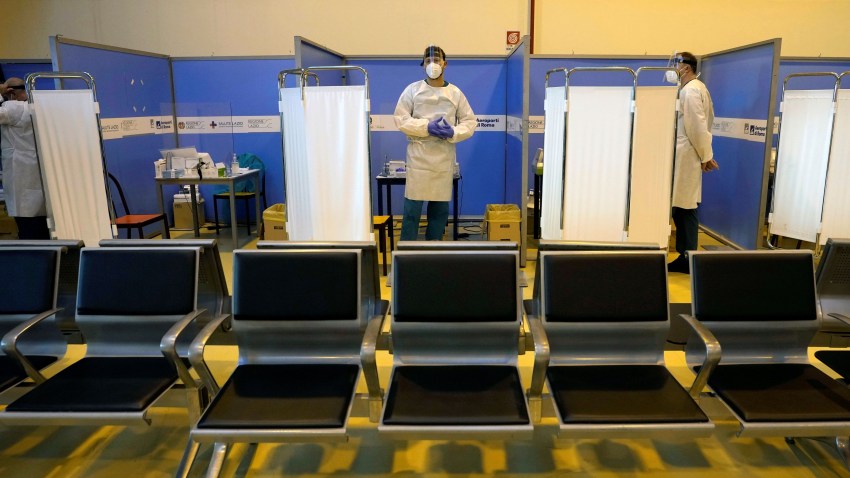The European Union has “strongly encouraged” its member states to introduce pre-departure coronavirus tests for all travelers entering the union from China, after EU leaders failed yesterday to agree to a bloc-wide policy that would mandate pre-departure coronavirus testing from China amid a new wave of COVID-19 infections in that country. Some individual countries, including France, Italy and Spain, already require travelers from China to present negative test results before boarding. But the EU was unable to agree on a similar requirement due to opposition inside the European Council from some of its members, including Austria.
Pressure has been building inside the EU for a collective response to China’s lifting of its strict lockdowns and other “Zero COVID” measures after rare protests against them last year. Following that move by Beijing, several countries around the world imposed restrictions on travelers from China out of fear of them introducing new coronavirus variants. In Europe, alarm bells rang when nearly half the passengers on two recent flights from China to Italy tested positive for the coronavirus. In response, several EU member states—as well as non-EU countries like Japan, the U.K. and the U.S.—imposed a negative-test requirement for passengers entering from China.
The European Center for Disease Prevention and Control, or ECDC, insists that these restrictions are not necessary, as Europeans are well-vaccinated and no variant mutations have been detected since the outbreak of China’s new wave. It also argues that a mandate for pre-departure tests should be coordinated across the entire EU rather than applied at the national level, given that the EU is a borderless area. The ECDC has also pointed to data from China showing a decrease in the number of new infections from a peak early last month, but Western governments are skeptical about the accuracy of China’s official COVID-19 data.

